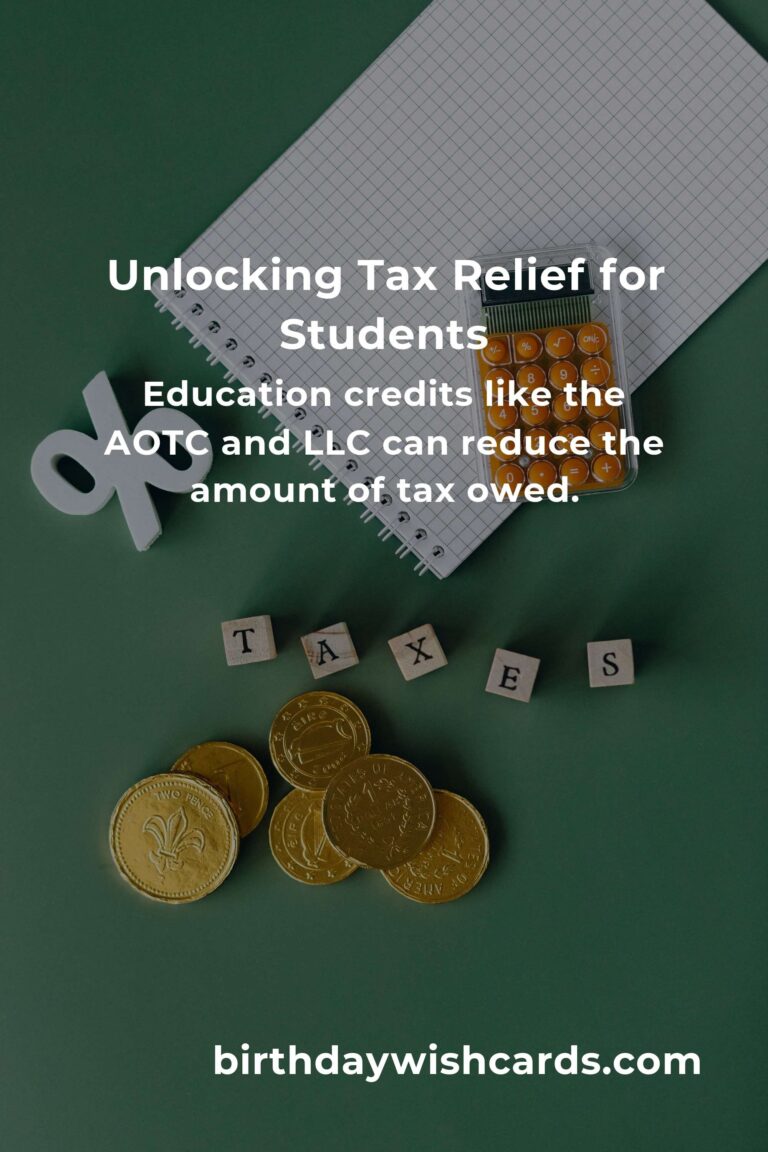
College is a time of exploration and learning, but it also comes with financial challenges that can be overwhelming. As a college student, you might not think much about taxes, yet understanding and leveraging tax savings can significantly ease your financial burden. This guide will walk you through the essential tax-saving strategies that can make a difference in your college experience.
Why Tax Savings Matter for College Students
For many, college is the first step into the world of financial independence. With tuition, textbooks, and living expenses, every dollar counts. Tax savings can provide an unexpected relief, allowing you to focus more on your studies and less on financial stress. By learning how to take advantage of these opportunities, you can stretch your budget further than you might have imagined possible.
Education Credits: Making Every Credit Count
The U.S. tax system offers two primary education credits that can reduce the amount of tax you owe: the American Opportunity Tax Credit (AOTC) and the Lifetime Learning Credit (LLC). The AOTC is particularly beneficial as it offers up to $2,500 per student per year for the first four years of college. To qualify, you must be pursuing a degree and enrolled at least half-time. The LLC, on the other hand, is more flexible, covering up to $2,000 per tax return and is available for all years of postsecondary education.
Student Loan Interest Deduction: Lightening the Load
For many students, loans are an inevitable part of financing education. Fortunately, you can deduct up to $2,500 of student loan interest paid during the year, which can directly reduce your taxable income. This deduction is available even if you don’t itemize your deductions, making it an accessible option for many students.
Savings with 529 Plans: Planning for the Future
529 Plans are tax-advantaged savings plans designed specifically for education expenses. Contributions to a 529 Plan grow tax-free, and withdrawals for qualified educational expenses do not incur federal taxes. Some states offer tax deductions or credits for contributions, providing an additional layer of savings. If you’re planning for future semesters or graduate studies, a 529 Plan can be a strategic financial tool.
Understanding Scholarships, Grants, and Fellowships
Scholarships, grants, and fellowships are fantastic ways to offset educational costs, but they come with their own tax implications. Generally, these funds are tax-free if used for qualified education expenses, such as tuition and fees. However, if used for other expenses like room and board, they may be taxable. Understanding these distinctions can help you maximize your aid and minimize your taxes.
Work-Study Programs: Earning While Learning
Participating in a work-study program can provide valuable work experience while helping to pay for college expenses. Income from work-study is taxable, but it also counts as earned income, which can make you eligible for certain tax credits like the Earned Income Tax Credit (EITC). Balancing work and study requires effort, but the financial and professional benefits can be significant.
Filing Your Taxes: A Step Toward Financial Literacy
Filing taxes as a student might seem daunting, but it’s a step toward greater financial literacy. Free resources like IRS Free File can help you prepare your taxes at no cost. Understanding how to file your taxes not only saves money but also empowers you as you take control of your financial future.
Conclusion: Empowering Your Educational Journey
Tax savings might not be the first thing that comes to mind when thinking about college, but they are a powerful tool in your financial arsenal. By understanding and utilizing these opportunities, you can reduce your financial stress and focus on what truly matters: your education and personal growth. Remember, every little bit helps, and these strategies can pave the way to a more sustainable college experience.
Tax savings can significantly ease the financial burden of college.
Education credits like the AOTC and LLC can reduce the amount of tax owed.
Student loan interest deductions are available even without itemizing.
529 Plans offer tax-free growth and withdrawals for education expenses.
Scholarships and grants can be tax-free if used for qualified expenses.
Work-study income is taxable but may qualify for additional tax credits.
Filing taxes is a step toward financial literacy and independence.
#TaxSavings #CollegeFinance #EducationCredits #StudentLoans #FinancialLiteracy #EmpowerYourEducation

